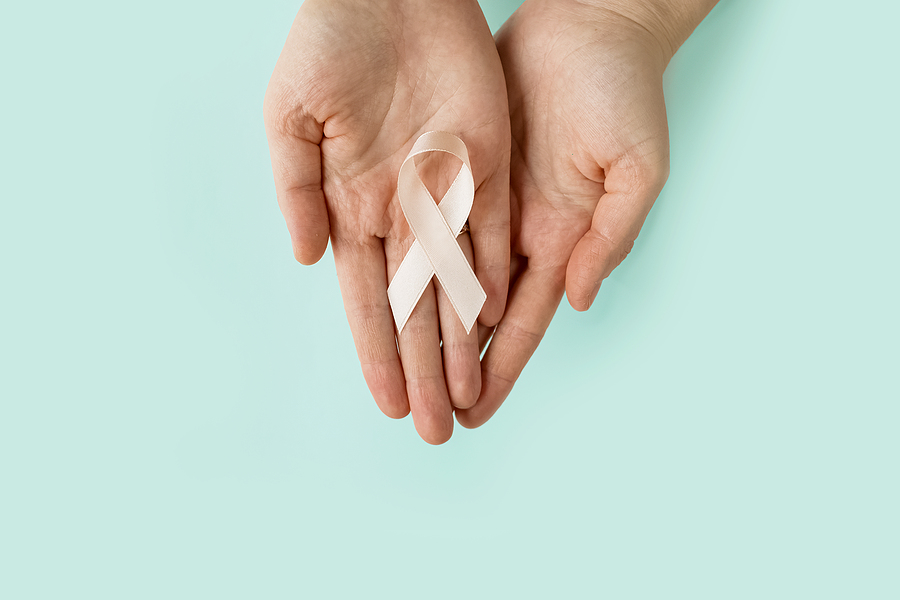There are far too many cancers caused by dangerous products and medications that are supposed to help people, not hurt them. The McEwen Law Firm has extensive experience representing clients who have suffered harm after using certain products and drugs precisely as instructed. We’ll work aggressively on your behalf to help you obtain any compensation you may be entitled to receive.
Here’s some information on types of cancer associated with products and medicines. You can schedule a free consultation by giving us a call at (800) 732-3070 or contacting us online.
Kidney Cancer
Exposure to trichloroethylene and benzene – two chemicals found in Camp Lejeune water between 1953-1987– can increase the risk of kidney cancer. The longer someone suffered exposure to these chemicals, the higher the risk they face. Side pain and blood in the urine are two of the most common symptoms.
Testicular Cancer
Glyphosate is an herbicide that controls weeds. One of the most commonly used products containing the herbicide is the famous Roundup weed killer. Some studies have suggested a potential link between glyphosate exposure and an increased risk of testicular cancer.
Another study by the National Institute for Occupational Safety and Health (NIOSH) found that workers exposed to high levels of glyphosate had an increased risk of developing non-Hodgkin lymphoma, a type of blood cancer.
Prostate Cancer
Some evidence suggests that certain medications cause an increased risk of prostate cancer. Some examples include finasteride and dutasteride, medicines used to treat benign prostatic hyperplasia (BPH) and a noncancerous enlargement of the prostate. Studies have suggested that long-term use of these medicines may increase the risk of high-grade prostate cancer. However, the evidence is unclear.
Pancreatic Cancer
Zantac (ranitidine) is a medication used to reduce the amount of acid produced by the stomach. Zantac treats a variety of stomach and intestinal conditions, including ulcers, acid reflux, and heartburn.
In September 2019, the U.S. Food and Drug Administration (FDA) announced that it had found low levels of a probable human carcinogen called N-nitrosodimethylamine (NDMA) in some ranitidine products, including Zantac. NDMA is linked to pancreatic cancer, as well as stomach, esophageal and other forms of cancer.
Additionally, the FDA’s testing found that the levels of NDMA in ranitidine products increased over time and were higher when the medication was stored at higher temperatures, such as in a hot car or in direct sunlight.
The FDA has advised patients to consider alternative options to ranitidine and has also recalled all ranitidine products from the market.
Liver Cancer
Methotrexate is a type of medication doctors prescribe to treat various conditions, including cancer, rheumatoid arthritis, and psoriasis. It works by inhibiting the growth of cells, which can help to slow down the progression of certain diseases.
Simultaneously, long-term use of methotrexate, particularly at high doses, has been linked to an increased risk of both liver damage and liver cancer. This is because methotrexate can cause inflammation and damage the liver cells, leading to cancerous cell formation over time.
However, it’s important to note that the risk of developing liver cancer from methotrexate is relatively low. Although, the benefits of the medication may outweigh the risks for some patients.
Bladder Cancer
Some angiotensin receptor blockers studies have suggested a potential association between the use of (ARBs), such as losartan, and an increased risk of certain types of cancer, including bladder cancer.
Losartan is a medication that belongs to a class of drugs called angiotensin receptor blockers (ARBs). It treats hypertension (high blood pressure). Basically, it reduces the risk of stroke in people with hypertension and left ventricular hypertrophy.
Uterine Cancer
There has been some concern about a possible link between talcum powder and an increased ovarian and uterine cancer risk. Talcum powder is a fine, powdery substance made from talc, a mineral composed primarily of magnesium, silicon, and oxygen. It absorbs moisture and reduces friction. This is why it’s an ingredient in many personal care products, such as baby powder, body powder, and cosmetics.
Studies have suggested that talc particles applied to the genital area may travel through the female reproductive system and become embedded in the ovaries and uterus, potentially increasing the risk of both ovarian and uterine cancer.
Steps to Take if You Develop Cancer from a Dangerous Product or Medicine
If a doctor has diagnosed you with any cancers caused by dangerous products, there are several steps you can take:
- Consult with your healthcare provider. If you suspect that a product or medication may have caused your cancer, it’s important to consult with your doctor. They can provide you with a diagnosis, treatment options, and support.
- Get a second opinion. It’s always a good idea to seek a second opinion from another healthcare professional. They may offer some insight into what caused your cancer.
- Contact a lawyer. If you believe that a product or medication caused cancer, you may be able to seek compensation. A personal injury lawyer can help you understand your rights and options.
- Take care of yourself. It’s important to take care of yourself both physically and emotionally during this difficult time. Eating a healthy diet, getting enough rest, and exercising regularly can all help improve your overall well-being.
Contact McEwen Law to Schedule a Free Case Review
The experts with McEwen Law Firm have a long track record of helping clients diagnosed with cancers caused by dangerous products and medications. Above all, we help them obtain maximum compensation on a regular basis, and we’re ready to do the same for you. Our attorneys will answer all your questions and keep the lines of communication open so you know how your case is progressing at all times.
When you’re ready, schedule a free case evaluation by using our online contact form or calling (800) 732-3070.
